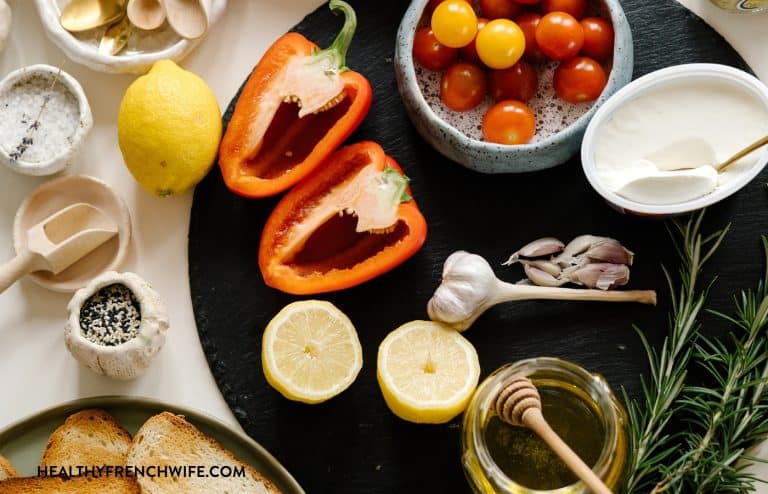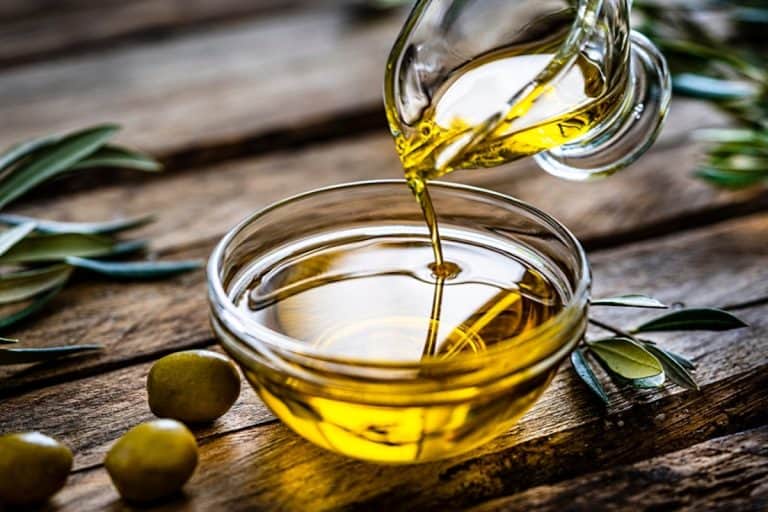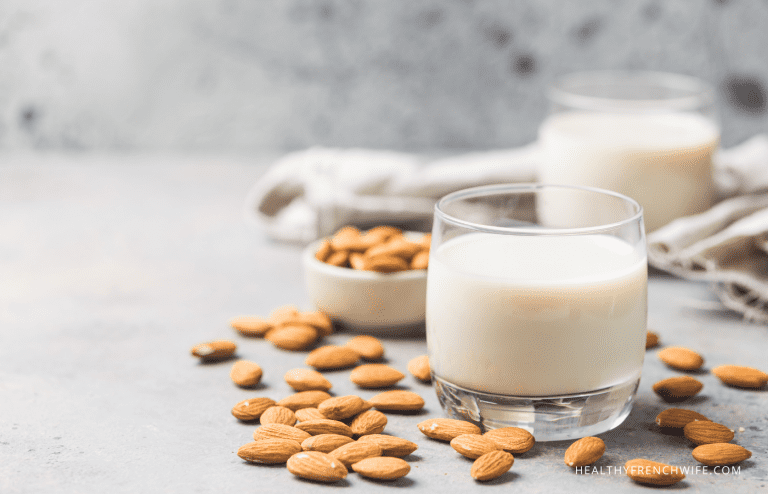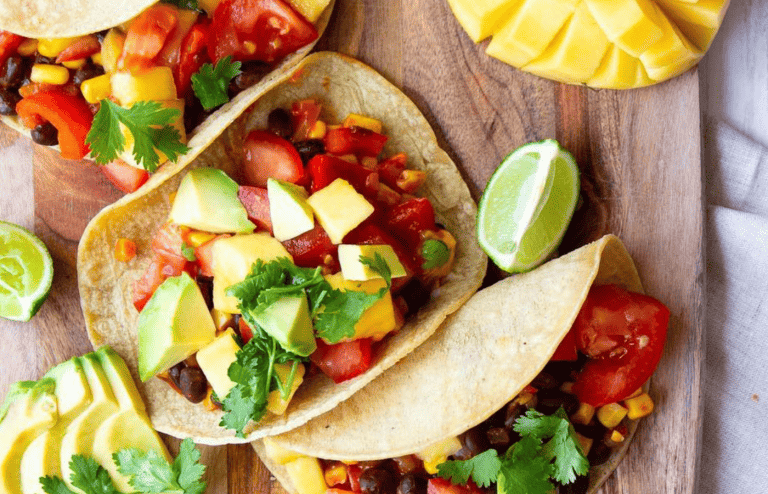Calcium on a vegan diet

As a nutritionist specialising in plant-based nutrition I have been wanting to write this article for so long. I will share information on calcium requirements on a vegan diet along with tips to boost calcium intake and where to find calcium on a vegan diet.
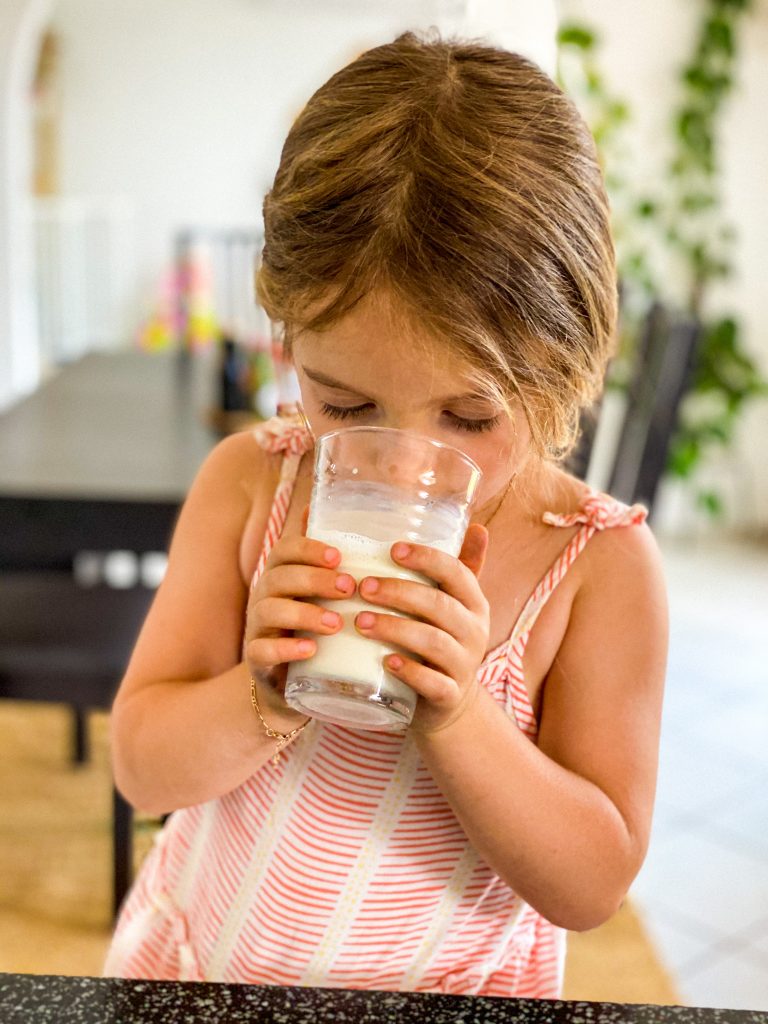
In my practice, most clients I see of all ages who eat a vegan diet do not get enough calcium. One of my pet peeve is people in vegan facebook group telling others that by having a green smoothie daily they get enough calcium for their day and that vegan kids do not require plant-based milks. (don’t ever get nutrition advice from these groups I am in them and I see the worst advice given!). I have also worked with non-vegan women who are also not getting their daily calcium requirements.
The reason behind the importance of calcium for children and women especially is of course the need for the human body to get calcium to use for building strong bones and teeth. Calcium is also required for the proper functioning of muscles and the heart (cardiac function). Calcium is stored in the bones and teeth to give them strength. Low intakes of calcium can lead to osteoporosis later in life which is due to low bone density and can lead result in bone fracture. It is sadly a major cause of morbidity for elderly people in western countries. Post-menopausal women are at higher risks of osteoporosis and bone fractures.
This site uses ads and affiliate content as an Amazon associate earning on qualifying purchases. Disclosure.
Our bone mass grows from birth until adolescence. Our bone mass peaks between 25 and 30 then remains stable until the age of 50 or menopause for women. (Nordin et al 1979).
Daily calcium requirements (RDI):
Children aged 1-3 = 500mg
Children 4-8= 700mg
Children 9-12= 100mg
Teenagers 12-18= 1300mg
Adults 18-50 = 1000mg
50+= 1300mg
Pregnancy = 1000mg
Lactation= 1000mg
Source: https://www.nrv.gov.au/nutrients/calcium
Making sure children have enough calcium as toddlers, small children and teenagers is important to make sure they have a good bone density for later in life. Calcium deficiency can also be linked to muscles spasms and cramps, tingling and abnormal heart rate.
People eating a vegan or a plant-based diet might have a lower calcium intake than omnivores and vegetarians as dairy is usually the main calcium source. Additionally, calcium absorption is not as great when coming from plants high in oxalic acid (spinach, rhubarb and beans) and from plants high in phytic acid (seeds, nuts, grains). However, calcium in soy milk was found to be absorbed as well as cow’s milk. Calcium absorption in spinach compared to milk is only 10%. This means people relaying on food alone can make it difficult to reach adequate calcium levels. Adding calcium-fortified plant milks, orange juice or calcium supplements if not consuming any of these is my number one recommendation for making sure you get enough calcium on a vegan diet- especially so for children and women along with eating foods that are high in calcium.
Do vegans need less calcium?
Animal proteins are considered to increase calcium losses meaning potentially eating a vegan diet would mean less calcium losses and lower daily calcium requirements. There is currently not enough evidence to suggest that vegans have lower calcium needs.
Best sources of calcium on a vegan diet:
1 cup (250ml) calcium-fortified plant milk = 300mg
1/2 cup tofu with calcium= 434mg
1 cup (250ml) fortified orange juice = 300mg
1 cup cooked white beans (canned) = 191 mg
1/2 cup collard greens = 133mg
1 tbsp sesame seeds = 87mg
2 tbsp chia seeds = 177mg
2 dried figs = 65mg
1 tbsp almond butter = 55mg
1/2 cup edamame = 46mg
Some foods like broccoli, tahini, kale and spinach are often considered as great sources of calcium by people but sadly it is not the case. All plant foods do contain calcium but thinking you are eating enough broccoli and tahini to cover all of your calcium requirements is rarely the case. Especially for children – I have yet to meet a child who eat enough broccoli and tahini to meet their 700mg daily calcium requirements! That would equal to 10 cups of cooked broccoli per day! And making a green smoothie with a handful of spinach, 1 tbsp of tahini, almond butter only equals to about 150mg. Best to add 1 cup of fortified plant milk to then get 450mg in 1 green smoothie!
½ cup Broccoli = 33mg
1 tbsp tahini = 63mg
½ cup kale = 49mg (poorly absorbed due to oxalic acid)
100 gr baby spinach= 99mg (poorly absorbed due to oxalic acid)
As a nutritionist, I am a little worried that too many children raised on a vegan diet are not getting enough calcium. I am all for feeding a vegan diet to children but it has to be done carefully. I highly recommend giving 2 cups of calcium-fortified plant milks to toddlers, children and teenagers. Try serving them away from meal times as they can interfere with iron absorption. A smoothie for breakfast or afternoon tea along with a cup of milk before bed.
Vitamin D:
Vitamin D is also a very important nutrient to have on a vegan diet as it helps amongst many things absorb calcium. Along with sunshine I recommend a vegan Vitamin D3 supplement daily especially if you live in a cold climate.
If you are worried about your calcium intake or for your family I offer worldwide nutrition consultations to help you thrive on a plant-based diet. Email hello@healthyfrenchwife.com to enquire about my nutrition coaching.
For other nutrition articles check out these other posts on my website:
